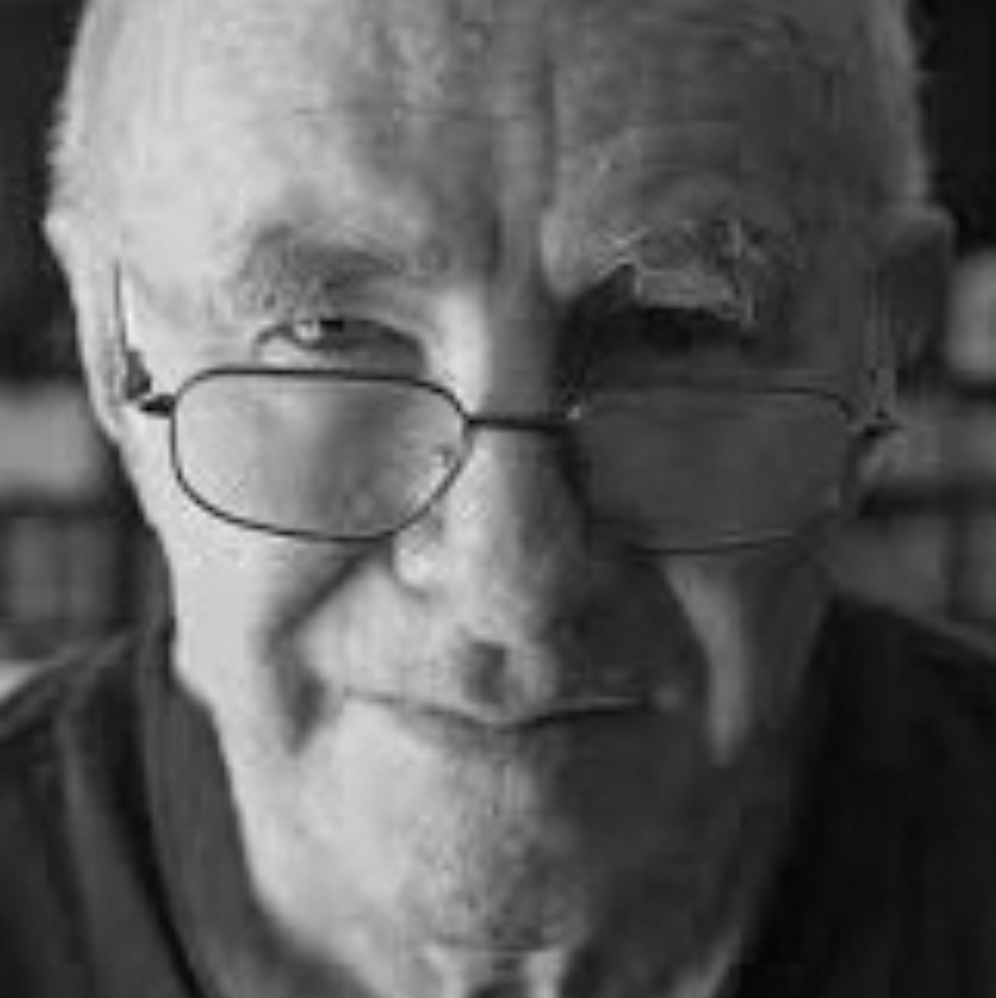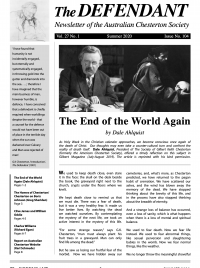Clive James

The death last November of the Australian ex- patriate author and broadcaster Clive James (pictured) is an occasion for recalling his ad- miration of Chesterton. In his collection of essays on major 20th century figures, Cultural Amnesia (2007), James wrote of Chesterton that his output was so vast that “his posthumous reputation is almost impossible to sort out”.
In his pithy way, James said that Chesterton “wrote a lot faster than most of us can read”.
He would have been famous for his Father Brown stories or such novels as The Man Who Was Thursday, or for his books of literary criticism (“his monographs on Browning and Dickens are still required reading for serious students of those authors”).
Above all, he would have earned fame for his journalism – “the thing he is least well-known for now” – since his essays “were at the heart of his talent for subversive observation . . . . There are a thousand brilliant sentences to prove that he was the natural opponent of state power in any form, so there can be no real doubt about the stance he would have taken had he lived longer.”
His vice, James thought, “was willful paradox, but his virtue wasforaskingtheawkwardquestionsaboutcurrentliberal fashions”.
James argued that the books of quotations which cited Chesterton gave undue attention to his poetry, “whereas all his best remarks were in his prose”. James believed,
“Other journalists feared [Chesterton], because he was so productive. Mainstream writers feared him because he wrote too well. He was my favourite kind of writer, scaring everybody because he had talent to burn, and no sense of calculation to make his talent decisive. . . . He was serious, always. He just didn’t seem to be.”
Clive James
